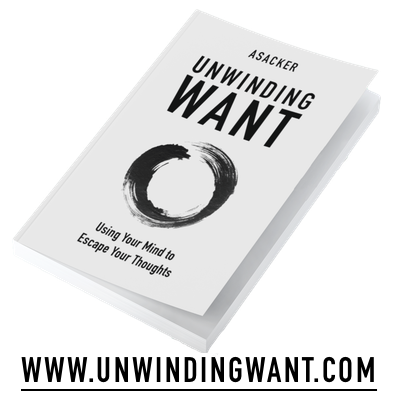“Your vision becomes clear when you can look into your own heart. Who looks outside, dreams; who looks inside, awakens. ” ~ Carl Jung
Look deeply into your own heart. You are not a malfunctioning machine in need of maintenance. And you are not an actor wearing an ill-fitting costume in some cosmic performance. You are an expression of the universe. A temporary pattern of energy organized into consciousness, with a unique configuration that has never existed before and never will again. When this reality settles into your bones, the entire self-improvement industry begins to look like an elaborate joke. What exactly needs fixing when you are already the universe experiencing itself subjectively?
And yet here we are, delighting in this strange human experiment, this magnificent improvisation where consciousness gets to play dress-up. We take on roles—parent, artist, lover, leader—not from some wound that needs healing, but from the pure creative impulse that moves through all life. Watch a child building castles in the sand, knowing perfectly well the tide will claim them. They’re not trying to achieve permanence or prove their worth. They build because building itself is alive, because their hands want to shape something beautiful into being, however briefly.
This is the spirit we’ve forgotten. An actor doesn’t rehearse because they hate themselves, but because they’re in love with the possibility of bringing truth through story. A pianist doesn’t practice scales to fill some void, but because their fingers are hungry for the music that wants to emerge. A conscious leader doesn’t lead because they want status or power, but because they sense humanity and the potential in others waiting to unfold. The difference is everything—one comes from lack, the other from essence. One is driven by fear, the other by creative expression.
Language shapes reality in ways we rarely notice. “Self-improvement” carries the subtle poison of inadequacy—it whispers that you are somehow insufficient, that there’s a gap to be filled. “Self-development,” however, suggests something entirely different: an unfolding, like a flower that was always perfect in its seed but is compelled to reveal more of its nature. But even development implies motion toward something. What if the deepest truth is simpler—that you’re already whole, and what we call growth is simply learning to play your consciously chosen roles with greater skill, joy, and authenticity?
Perhaps we’ve misunderstood the very concept of self-actualization. If, literally, it means “to make oneself actual or real,” then every human being is born already actualized. From our very first breath, we are. We don’t strive to be real; we simply exist, a complete expression of life’s energy—in that moment. What if self-actualization isn’t a destination at all? What if it’s the ground you’ve been standing on all along, temporarily obscured by clouds of conditioning and comparison? The actualized self isn’t something you become—it’s what remains when you stop pretending to be what you’re not.
Think of an acorn. It doesn’t strive to become an oak tree through self-improvement seminars or positive thinking. It simply expresses its oak-ness moment by moment, season by season, allowing each moment to reveal what was always encoded in its essence. When humans speak of “finding themselves,” they’re often describing this same process—not discovering something new, but remembering something forgotten.
Awareness changes everything. Not the self-help kind that promises to fix you, but the quiet recognition that there was never anything to fix. When this lands—really lands—the desperate scramble for external validation begins to fade. The frantic pursuit of money, status, or even love as proof of your worth starts to feel like trying to convince water that it’s wet.
This manufactured sense of lack is precisely what predatory systems exploit. Cults, toxic relationships, and manipulative ideologies all operate from the same premise: that you are fundamentally incomplete and only they hold the missing piece. Ironically, they make you feel special, and incomplete and dependent, at the same time. They offer to build you a new “self” that can only exist within their framework, demanding your autonomy as payment. But what if the revolutionary act is simply recognizing that you were never broken? That you were never lacking? That the only game worth playing is learning to dance more beautifully in the space you already fully occupy?
The deepest irony is that the moment you truly grasp your inherent completeness, you naturally begin to express more of your potential—not from a place of deficiency, but from the pure joy of being alive. Like water that finds its way through rock not through force but through persistence and patience, your inner nature shapes itself naturally through time, wearing away what is false until only what is true remains.
Stay passionate!






This is great Tom. You always seem to know right what I need to hear, just when I need to hear.
Thanks for that.
Wow!! “Self-improvement” carries the subtle poison of inadequacy" Bravo 😲